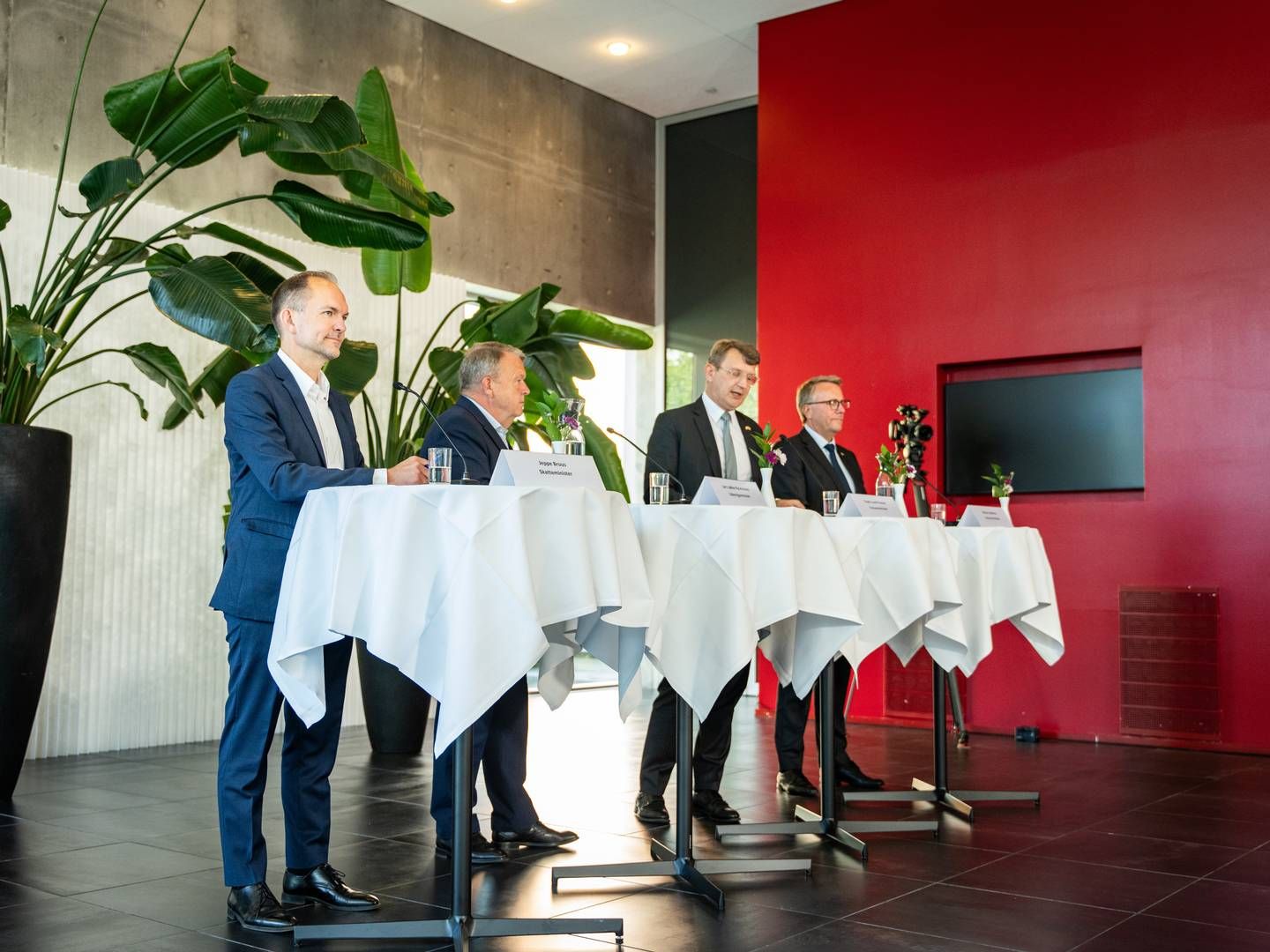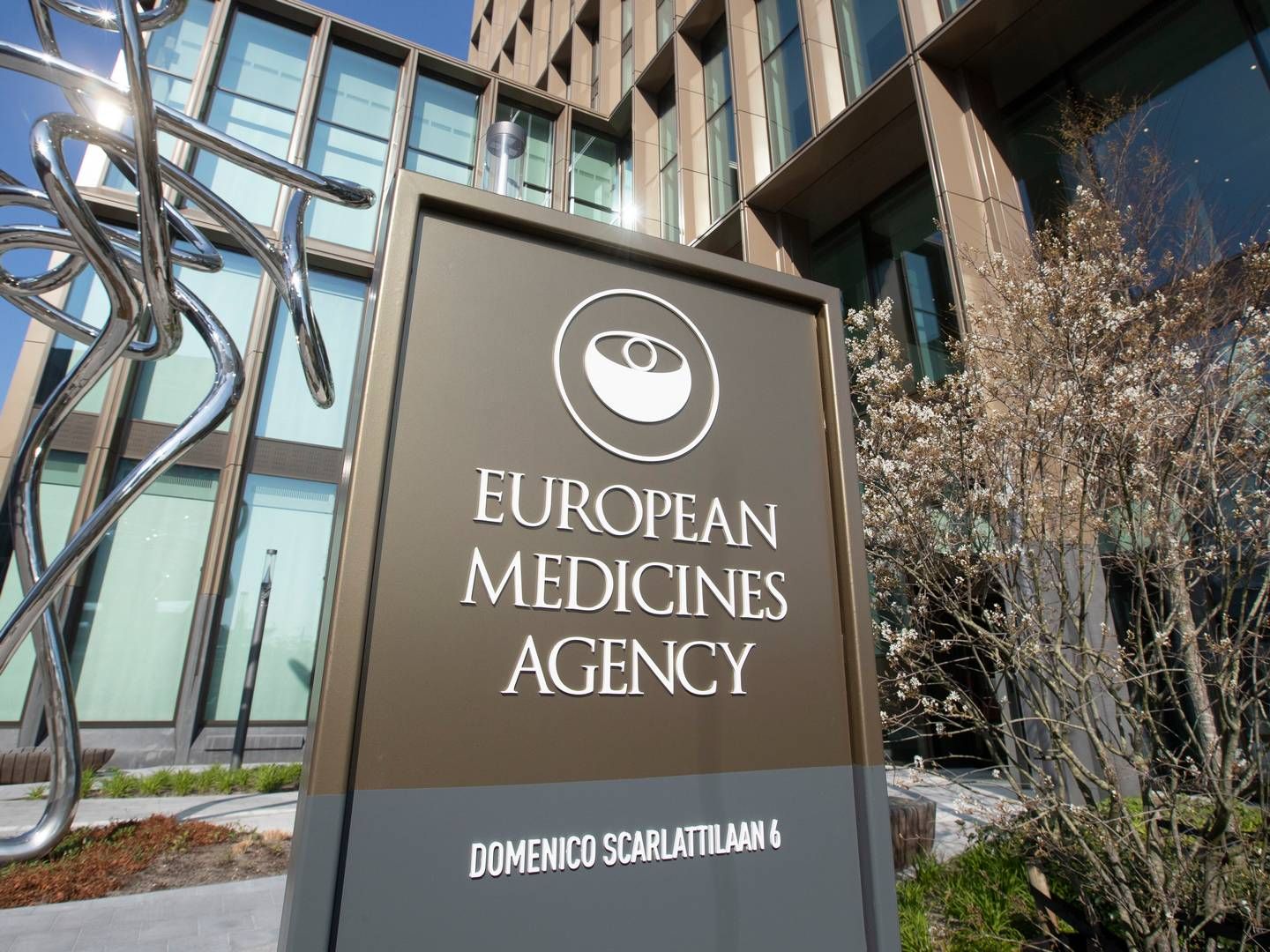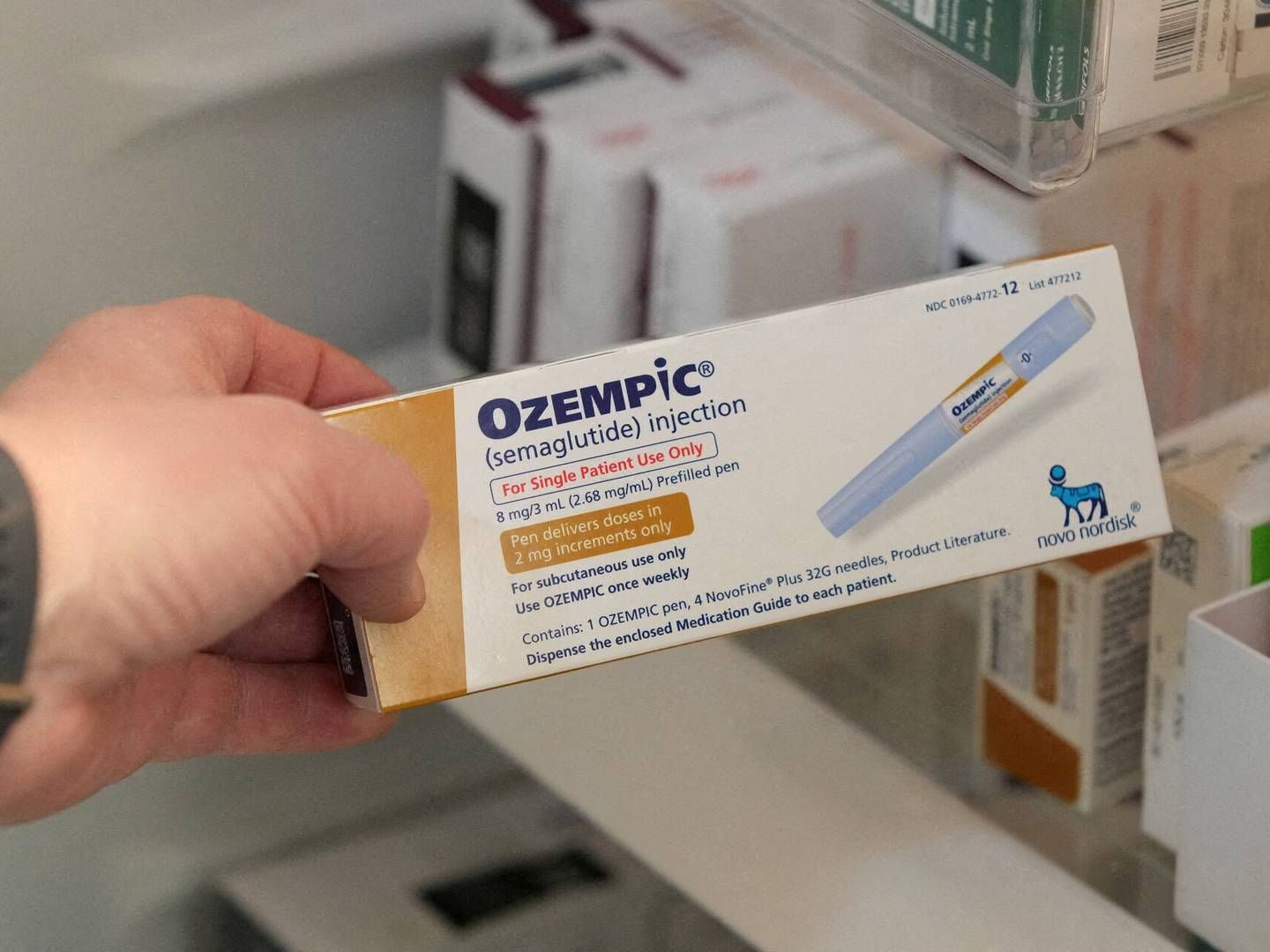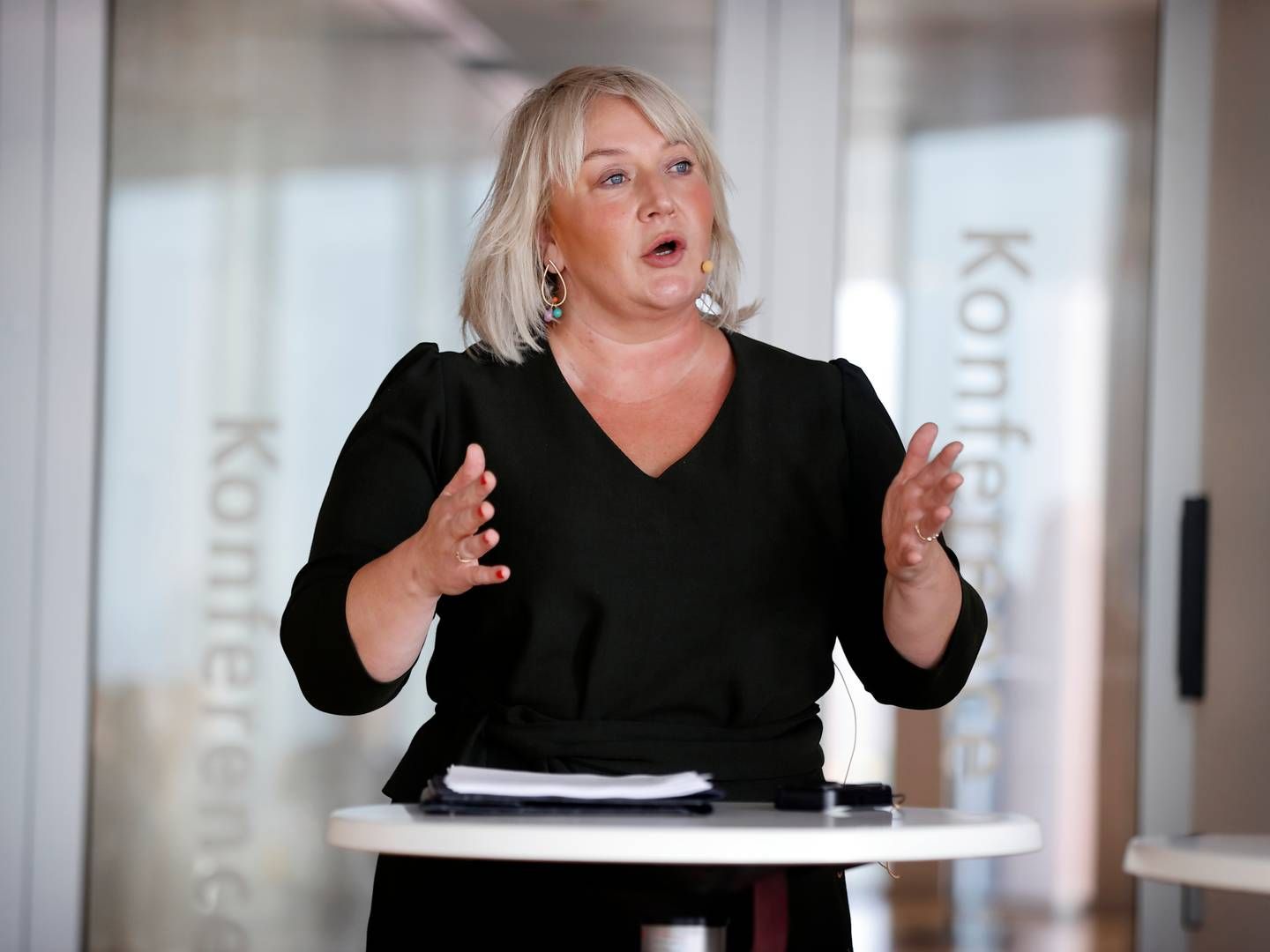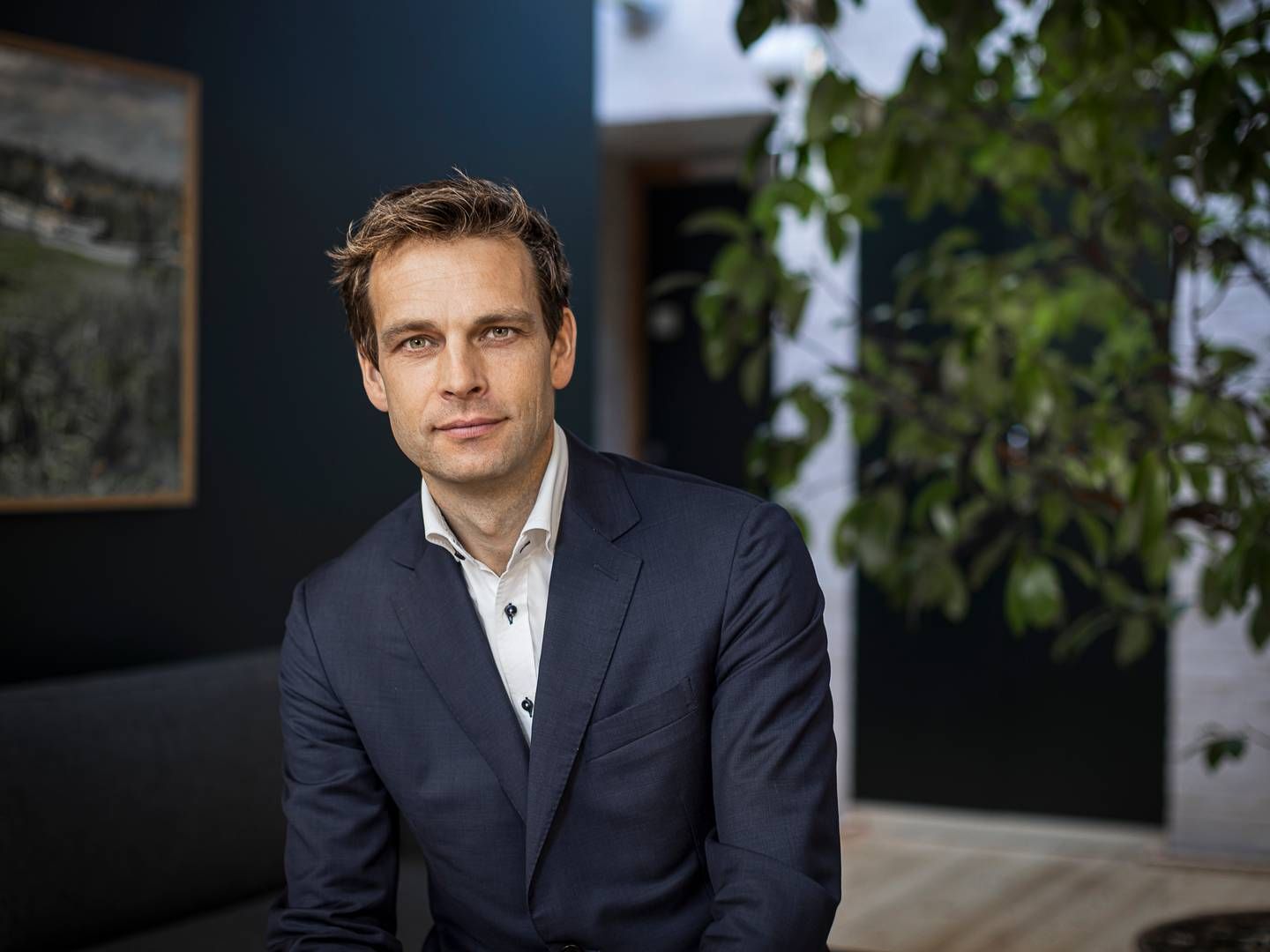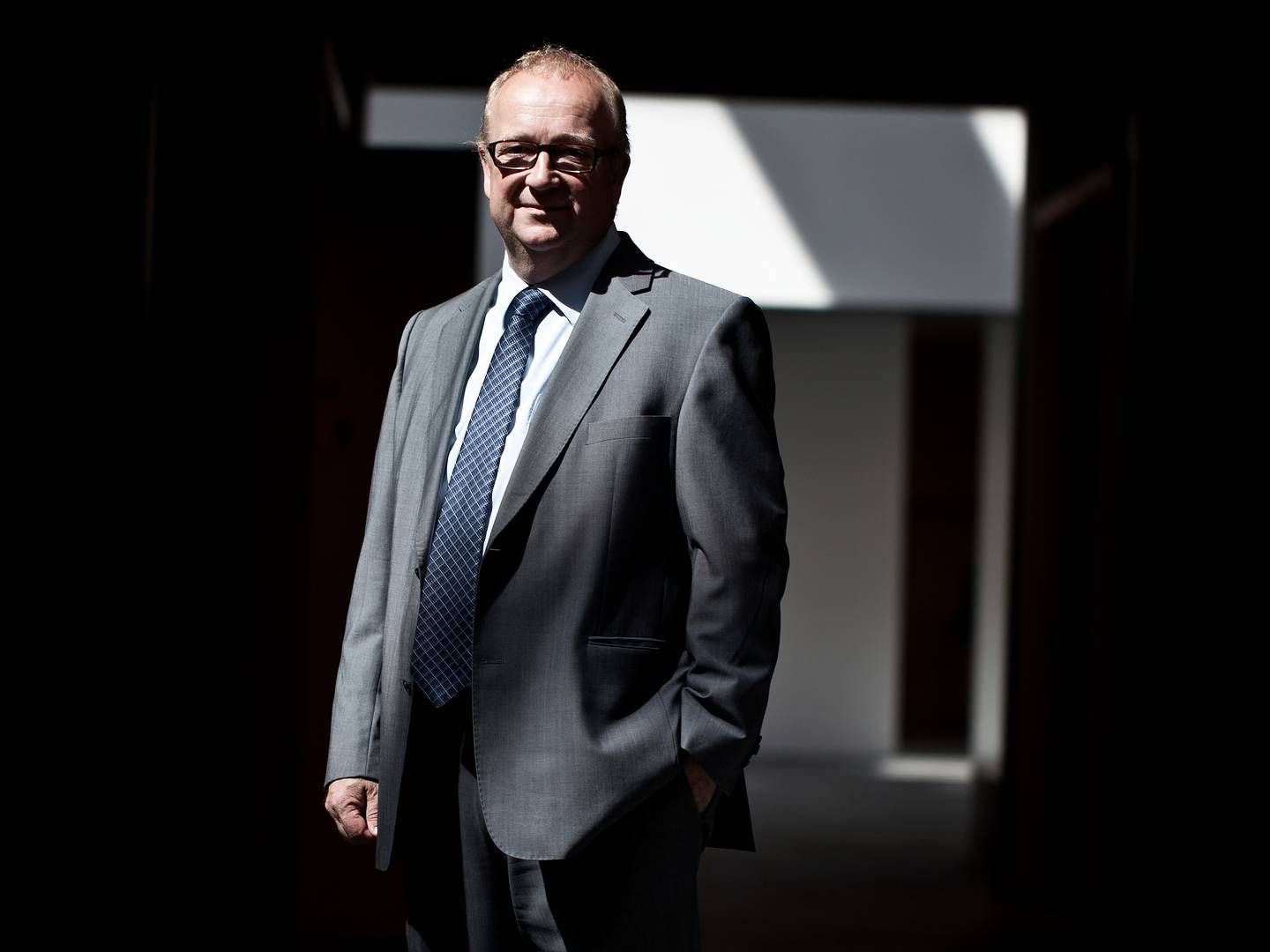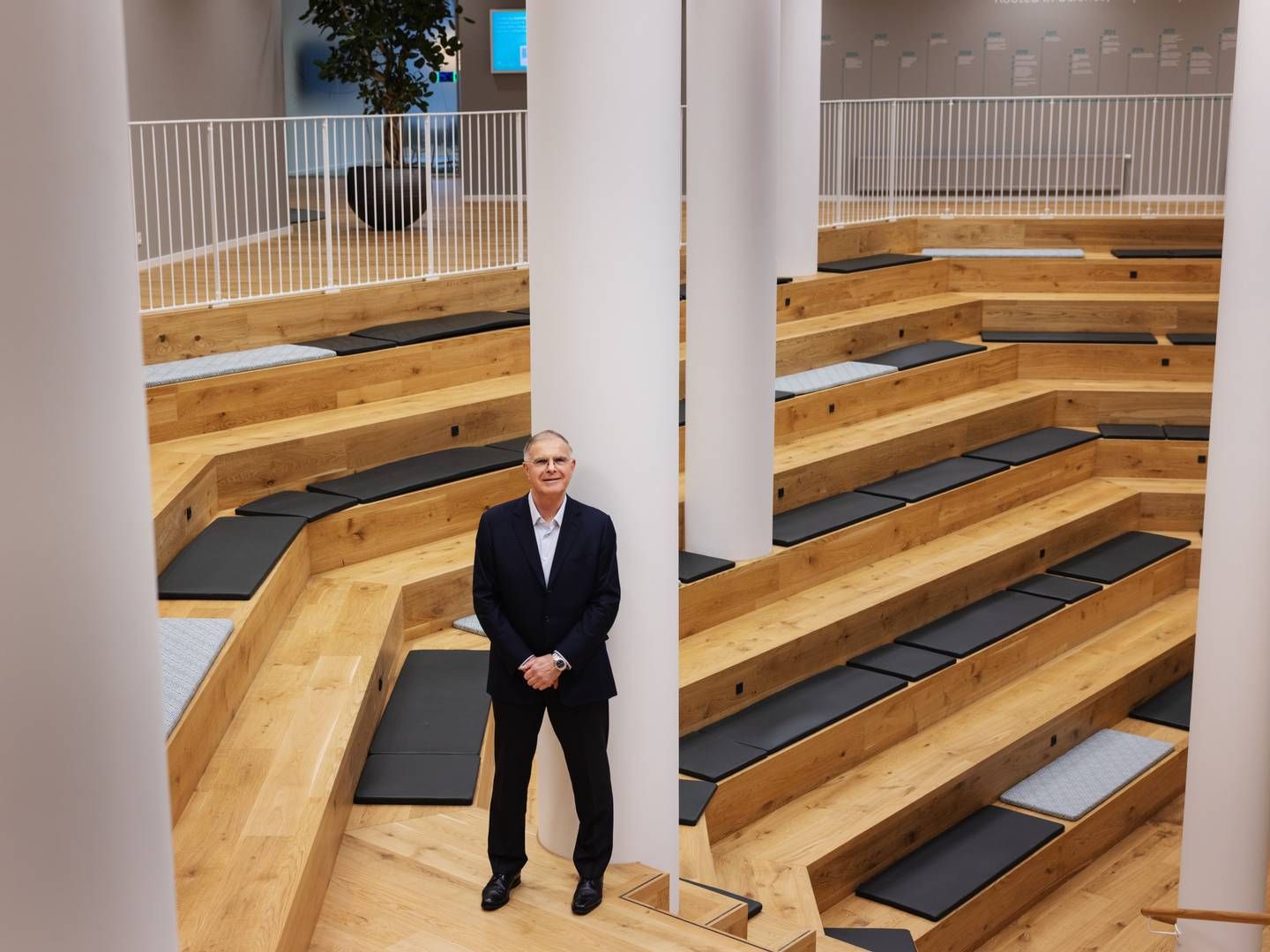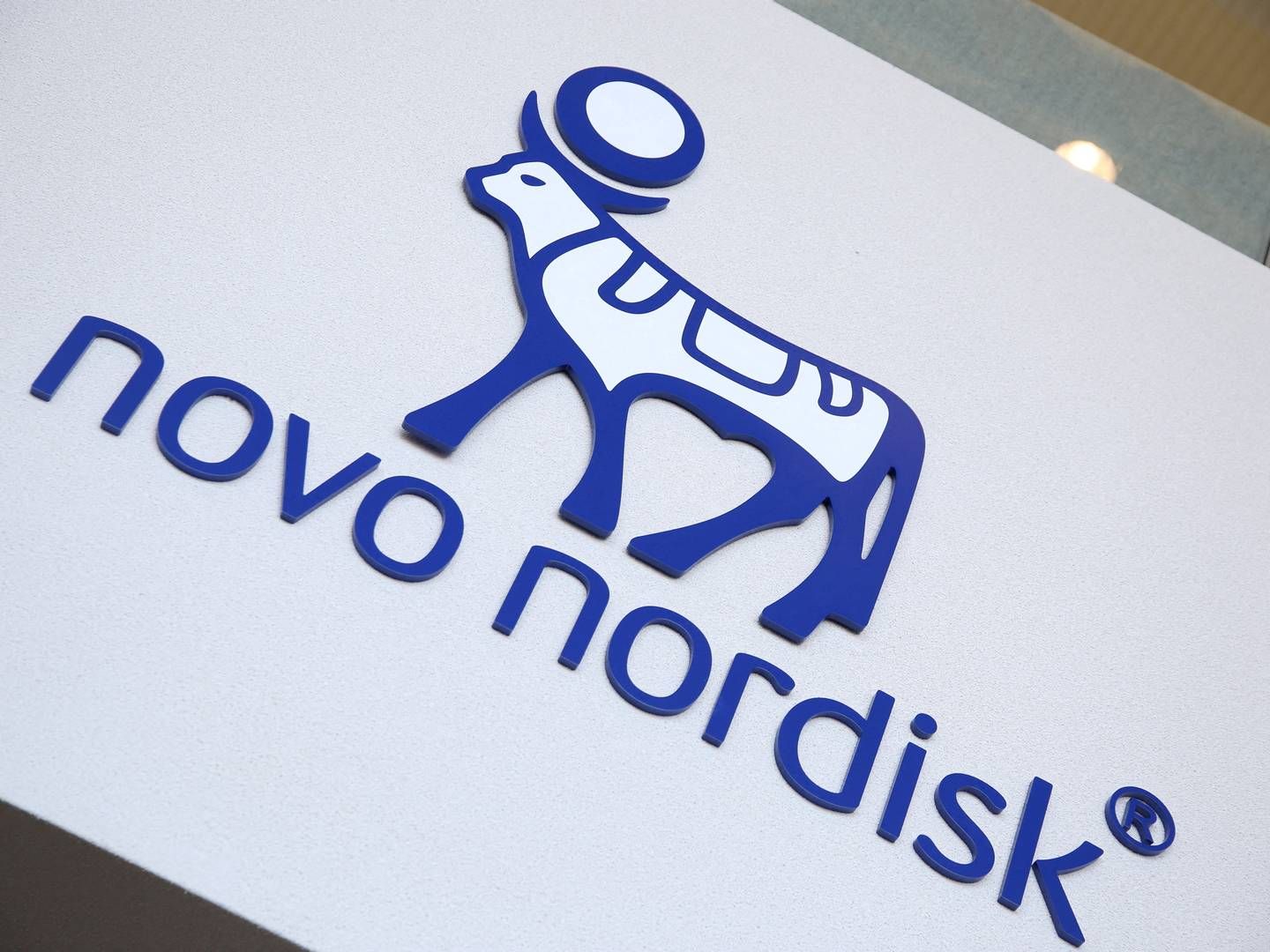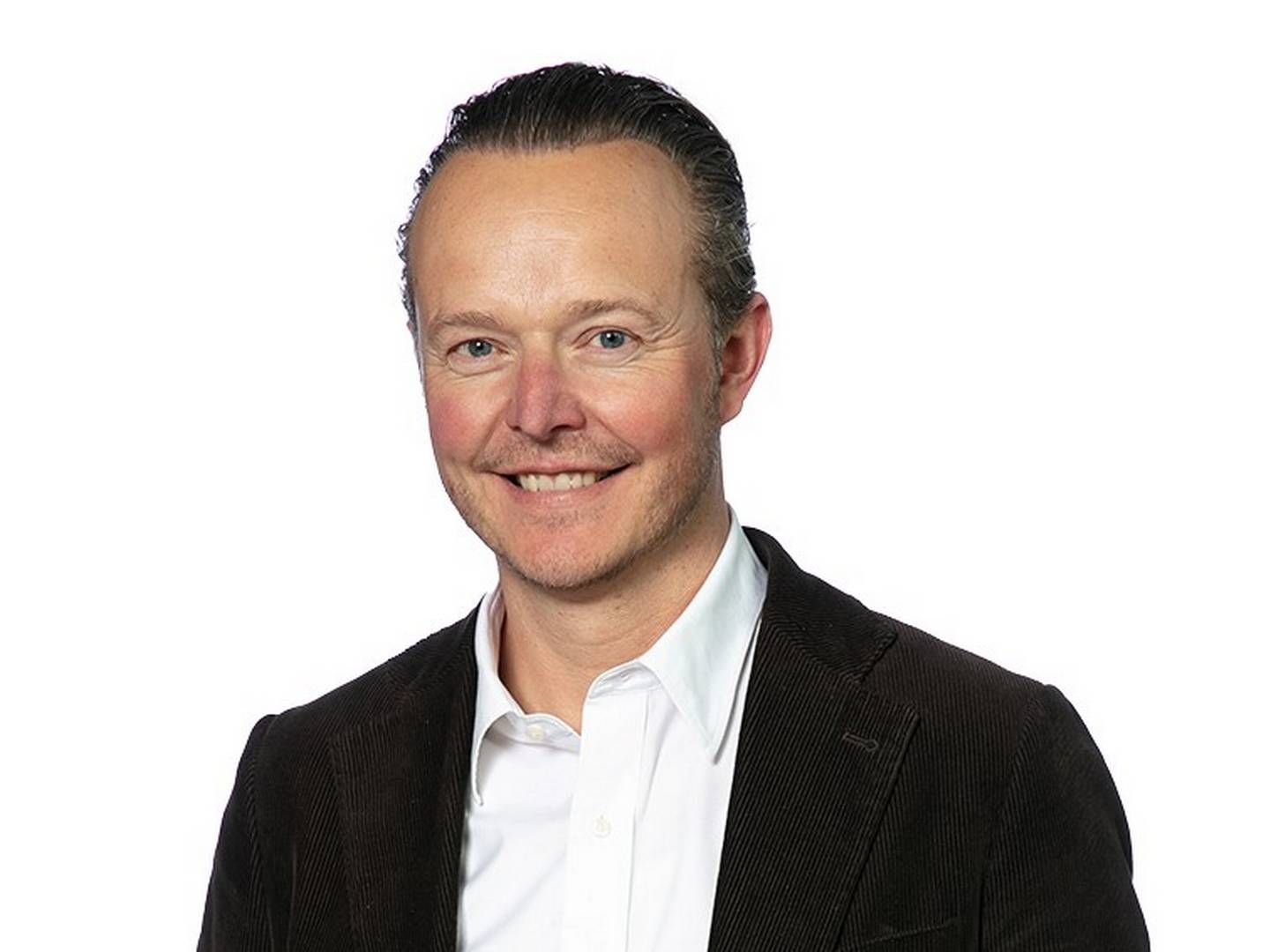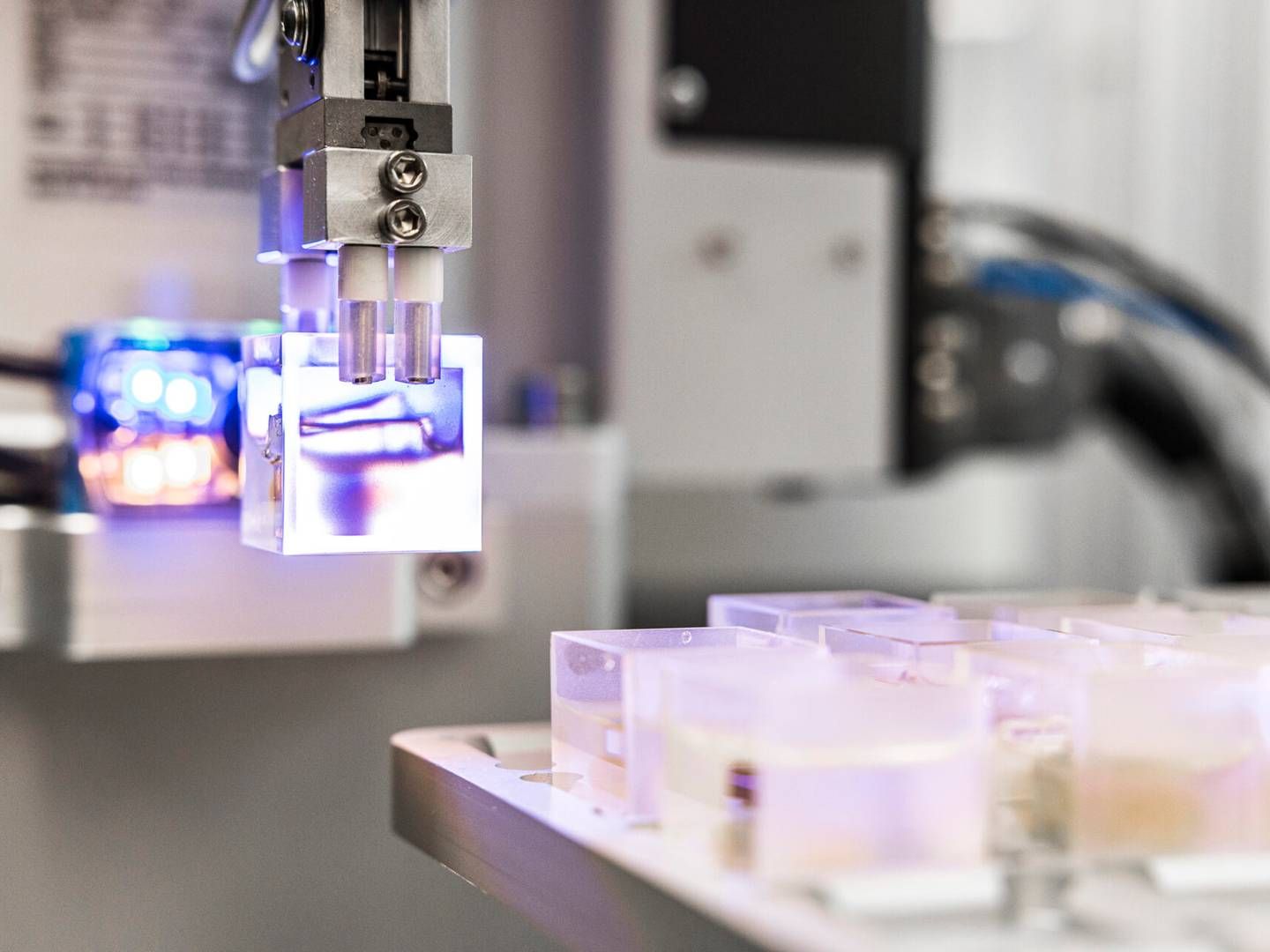NEXT lands three new industry partners
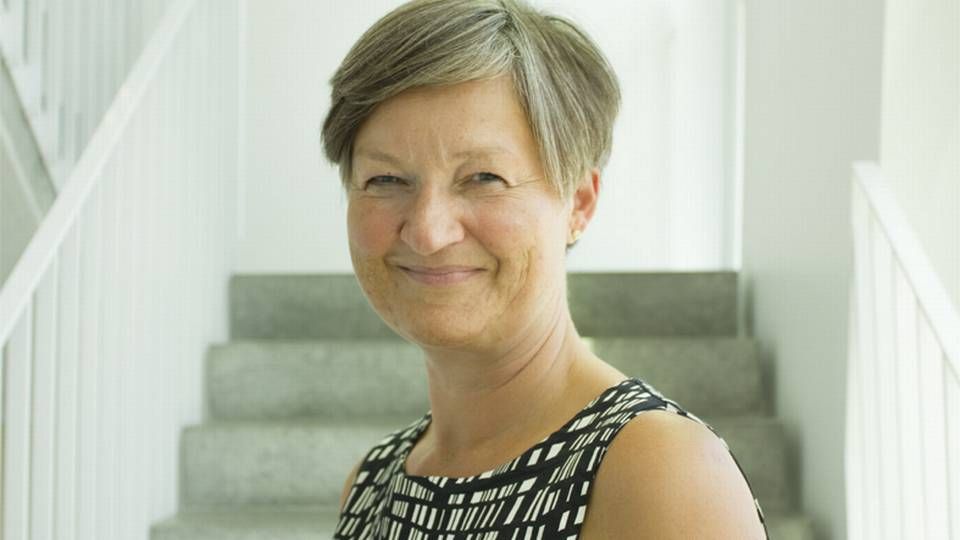
From 2018, the initiative for bringing more early clinical research to Denmark will be strengthened by more engagement with the industry.
The initiative NEXT (National Experimental Therapy Partnership) with the aim of attracting more early clinical research to Denmark has entered into partnerships with three more pharma groups as the industry giants Pfizer and AbbVie and the US-based biotech company Incyte have joined the club.
“The NEXT partnership is especially relevant for Incyte because we have a big pipeline and portfolio of upcoming clinical trials. We look forward to, in collaboration with NEXT, make Denmark an even more attractive country for conducting clinical trials,” writes Erik Fromm, General Manager of Incyte’s Nordic unit.
As many of the existing partners, Incyte is focusing on cancer – an area in which NEXT is well-established, for instance through the phase I unit at the National Hospital of Denmark – while Pfizer and AbbVie bring a broader portfolio to the partnership. And it pleases Project Director in NEXT, Britta Smedegaard Andersen.
“Our special competition is the cancer area, especially due to our profile in the very early first in man-trials and in immunotherapy. But we have grown into a stronger unit and we are well-established in five different disease areas. So now, we have more to offer and thus, we catch the interest of more companies in the industry,” she explains in an interview with MedWatch.
With the inclusion of Pfizer, AbbVie, and Incyte the number of associated partners amounts to six. Previously in 2017, Bristol-Myers Squibb, Celgene, and Sanofi also joined NEXT.
New disease areas in 2018
Besides cancer and hematology, NEXT focuses on dermatology, lung diseases, and infectious diseases in its centers. And the plan is to two smaller research networks to complement the existing centers in 2018.
What diseases these networks will focus on has not yet been decided but the plan is to increase what NEXT offers to make more companies interested in partnerships.
“I do not think there is an upper limit for how many partners we can include in NEXT. Of course, we will always offer the permanent affiliations a little more attention and seats in our steering group but a more proactive approach is better for the clinical environment and for Denmark. So, to me, more partners are only positive,” says Britta Smedegaard Andersen.
CROs can be partners, too
NEXT is also looking for a new kind of partner than the usual healthcare actors and pharma groups – the contract research organizations (CROs).
A company like AbbVie has established a relatively big organization in Denmark but Pfitzer largely uses CROs for the work in the country.
“Though the companies have some similarities, the CROs will have different needs from the pharma groups and we have started to look at these. We think that having both types of companies affiliated will create some very interesting synergies,” explains Britta Smedegaard Andersen. She adds that several CROs expressed interest at their initial meetings with NEXT.
Moreover, an increasing number of pharmaceutical companies are using CROs for the clinical research in the countries, where they do not have their own research- and development team.
Possible merger takes the spotlight
Besides new disease networks and the interest in CROs, NEXT is also looking to the patient involvement in the clinical research.
However, another event takes most of the attention.
Like NEXT, Single Point of Entry (SPOE) has been working to create better and clearer conditions for clinical research in Denmark. However, the government’s Growth Team for Life Sciences has recommended a merger of the two units under the NEXT-umbrella.
The ambition is to merge the organizations during 2018 but no official announcements have been made yet.
“Merging always requires the investment of time and resources from all parts but since NEXT and SPOE are already experienced in collaborating and coordinating, we do not expect a major change. I think everybody sees it as an opportunity to get better together,” explains Britta Smedegaard Andersen.
NEXT hopes to see the two organizations united visually as well as practically by the beginning of the second quarter of 2018.
English edit: Ida Løjmand
Would you like to receive the latest news from MedWatch directly in your e-mail inbox? Sign up for our free English newsletter below.



